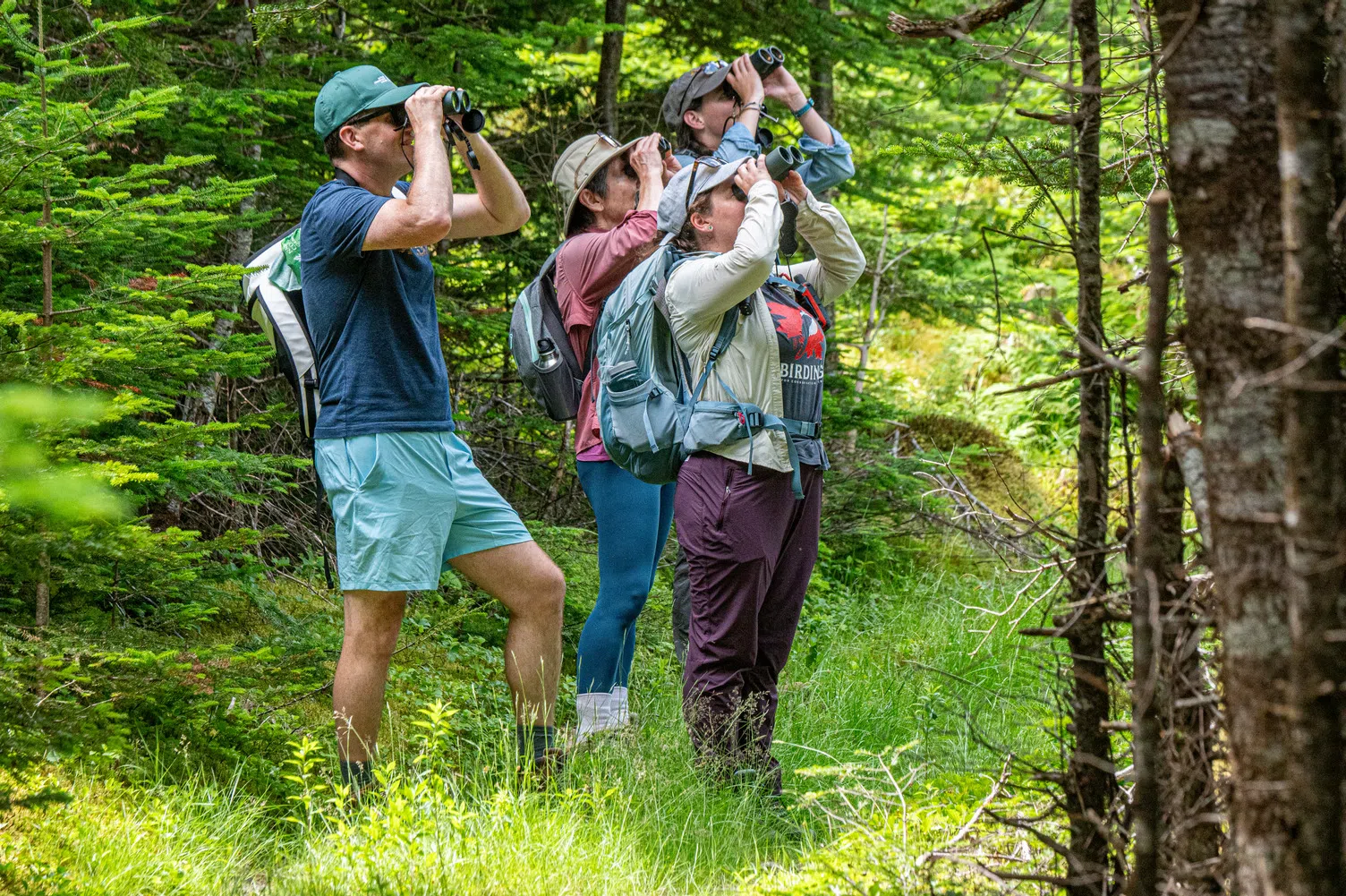“It’s an event where the public helps us to collect important information by taking pictures and recording observations of any plants, animals, insects and fungi that they see. And the best part is, is that you don’t have to be a scientist or know anything about species identification to be able to participate.”
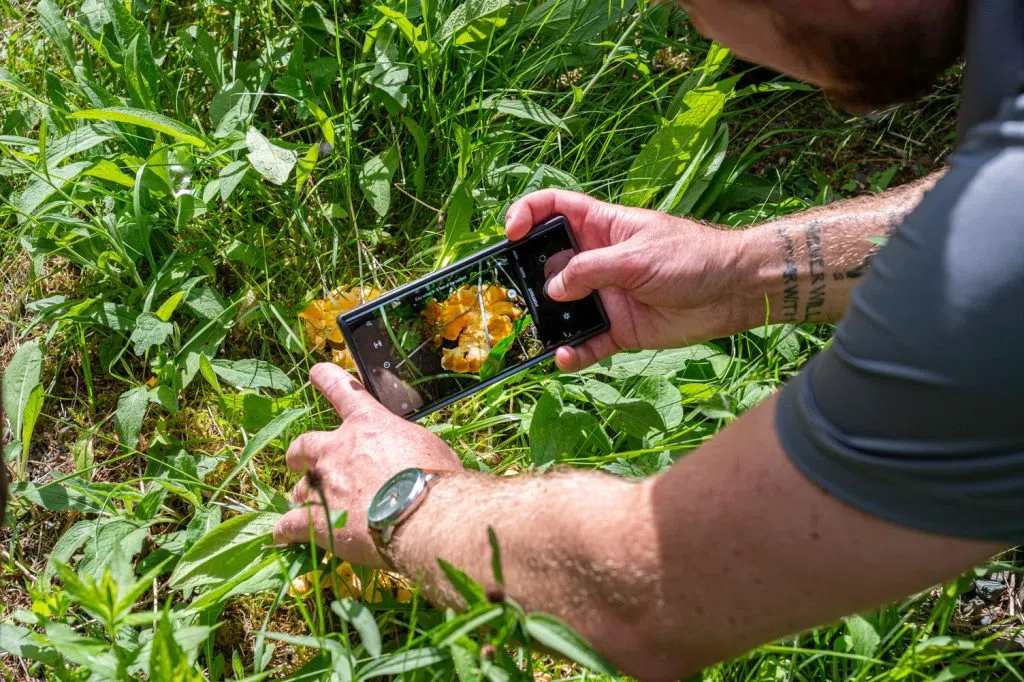
Nature Conservancy of Canada Bioblitz 2023. (Photo: Dennis Minty)
“The data that we collect in the BioBlitz really helps to guide conservation scientists like me to plan future protection and restoration efforts across the country. I like to explain by saying that I can’t be everywhere at once, I’m just one person but if I can get 10,000 helpers across the country who are all going out at the same time and looking for species, we can get a really good picture about what’s happening in Canada’s ecosystem.”
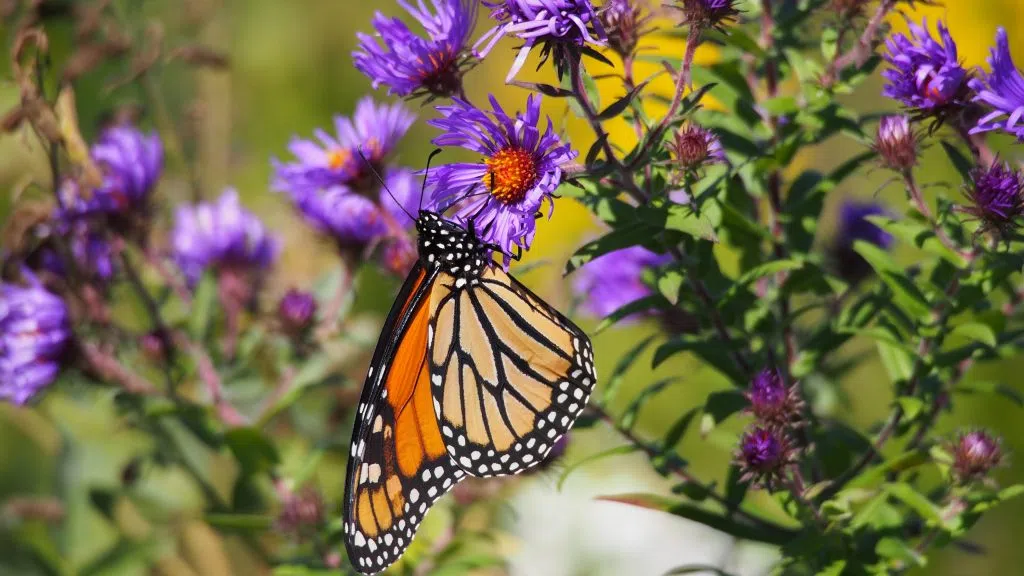
(Photo: Nature Conservancy of Canada)
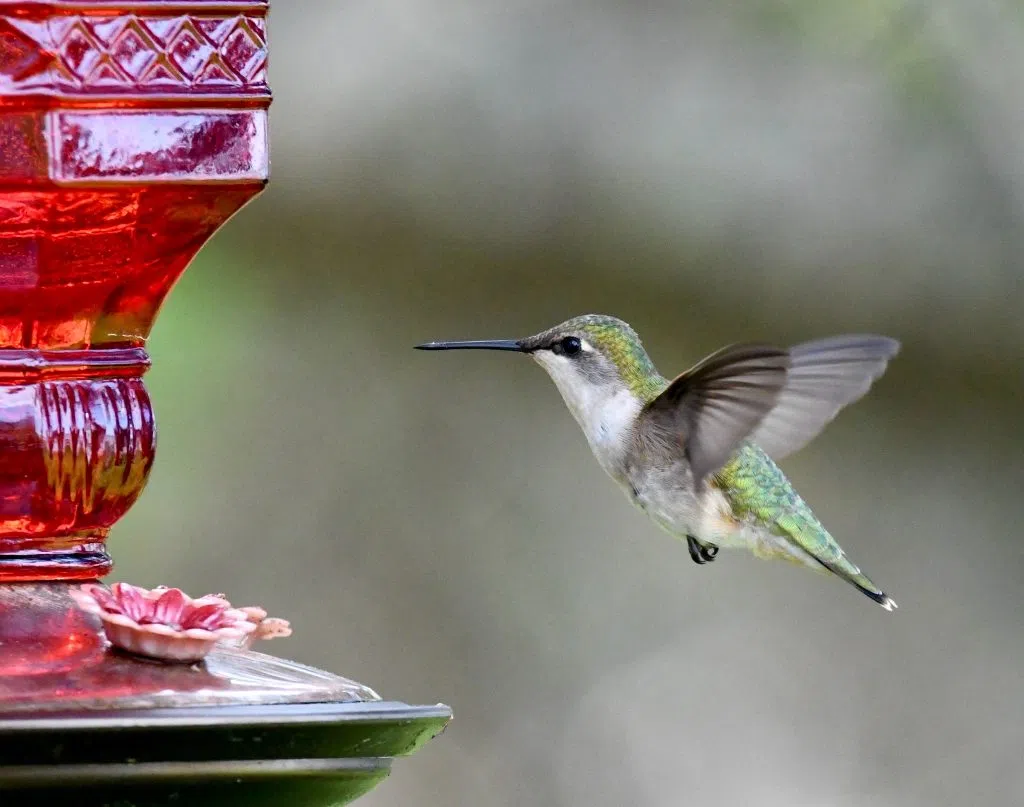
HummingBird. (Photo: Jordan Myles NatureConservancy of Canada)
“As a country and as an organization, Canada and the Nature Conservancy of Canada, have made these ambitious goals to protect nature and we really can’t achieve them without the public’s help. And, you know, events like BioBlitz really show how individuals can influence conservation and science knowledge in Canada and really empower people to start looking at their own communities in different ways and to even just learn a little bit more about some of the species that they share their homes with.”
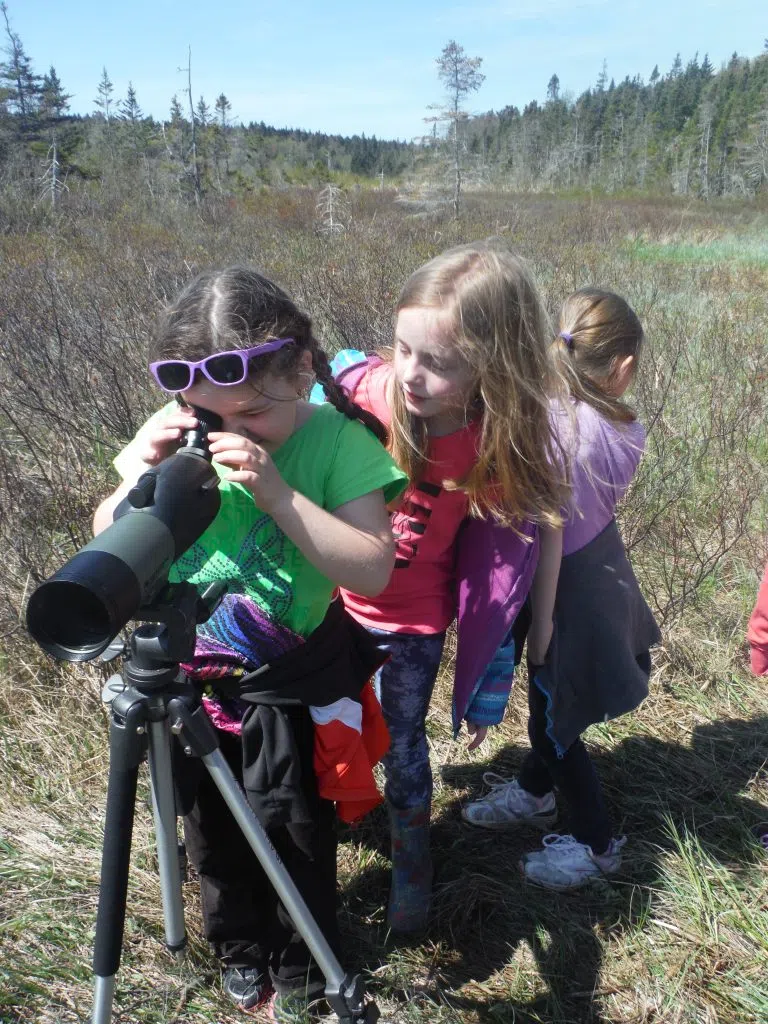
(Photo: Nature Conservancy of Canada)





